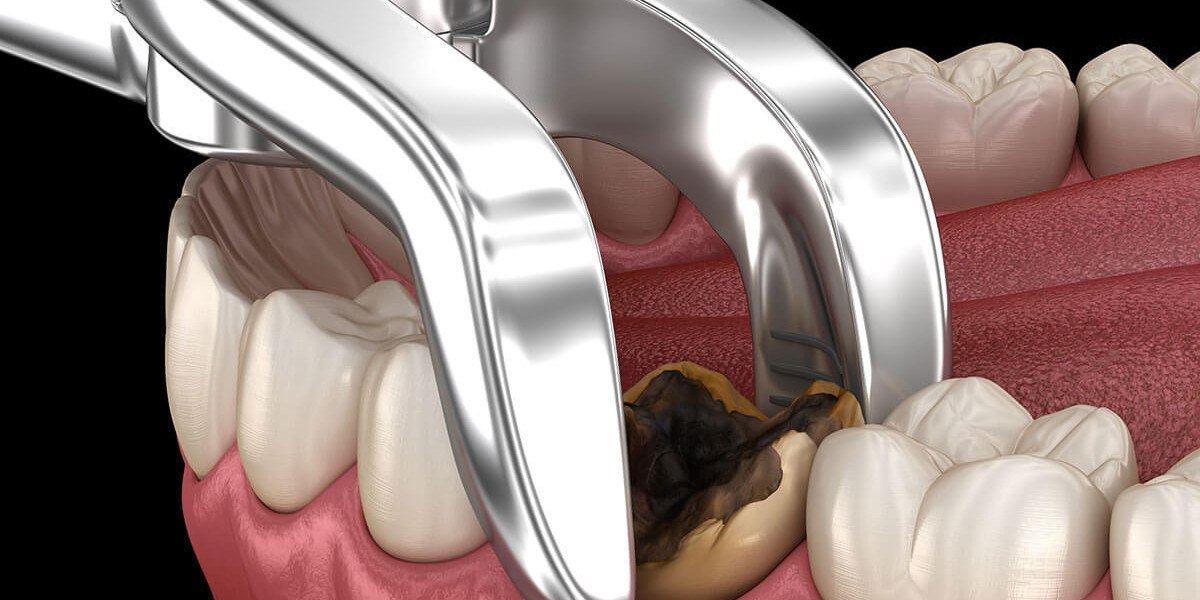Introduction:
Wisdom tooth extraction is a common dental procedure performed to alleviate pain and prevent potential oral health issues. While the removal of these third molars is often necessary, there is a growing body of evidence suggesting a potential connection between wisdom tooth extraction and temporomandibular joint (TMJ) disorders. Understanding this relationship is crucial for both dental professionals and patients to ensure comprehensive care and minimize the risk of complications.
Wisdom Tooth Extraction:
Wisdom teeth, also known as third molars, typically emerge in late adolescence or early adulthood. Due to limited space in the mouth, these molars can become impacted, leading to pain, swelling, and potential damage to adjacent teeth. In such cases, dental professionals recommend wisdom tooth extraction to prevent further complications and maintain overall oral health.
The Connection to TMJ Disorders:
The temporomandibular joint (TMJ) is a hinge-like joint that connects the jawbone to the skull. TMJ disorders can cause pain, discomfort, and restricted jaw movement, impacting one's ability to chew and speak. Some studies suggest a potential link between wisdom tooth extraction and the development of TMJ disorders.
Changes in Bite Alignment: The extraction of wisdom teeth can sometimes alter the alignment of the bite. This shift may disrupt the natural balance of the jaw, leading to increased stress on the TMJ. Changes in bite alignment can contribute to the development of TMJ disorders, causing pain and dysfunction in the joint.
Muscle Strain: The process of extracting wisdom teeth can involve significant pressure on the jaw muscles. This strain, coupled with the trauma of the extraction itself, may contribute to muscle tension and discomfort in the TMJ region. Prolonged muscle strain can be a triggering factor for TMJ disorders.
Healing Process: The post-extraction healing process plays a crucial role in the potential connection to TMJ disorders. If not managed properly, the healing of the extraction site may lead to changes in the surrounding tissues and affect the overall stability of the jaw joint.
Preventive Measures and Management:
Dental professionals can take several preventive measures to minimize the risk of TMJ disorders following wisdom tooth extraction:
Comprehensive Assessment: Prior to extraction, a thorough assessment of the patient's bite, jaw joint, and oral health should be conducted to identify any existing issues that may contribute to TMJ disorders.
Proper Extraction Technique: Employing careful and precise extraction techniques can help minimize trauma to the surrounding tissues, reducing the likelihood of post-operative complications.
Post-Extraction Care: Implementing appropriate post-extraction care, including pain management, anti-inflammatory measures, and follow-up appointments, is essential for a smooth recovery and to address any emerging issues promptly.
Conclusion:
While wisdom tooth extraction is a routine dental procedure, its potential connection to TMJ disorders should not be overlooked. Dental professionals and patients alike should be aware of the factors that may contribute to TMJ-related complications and take proactive measures to prevent and manage them. By prioritizing comprehensive care before, during, and after wisdom tooth extraction, the dental community can work towards minimizing the risk of TMJ disorders and ensuring the long-term oral health of patients.














